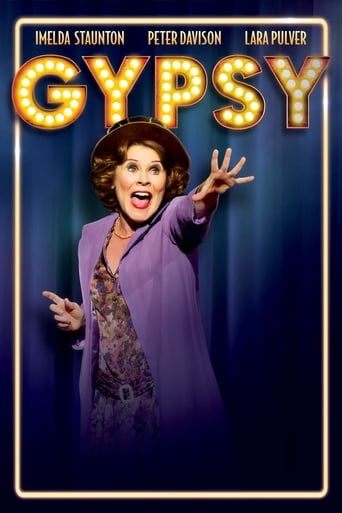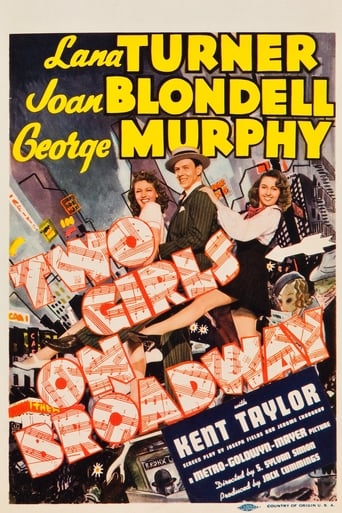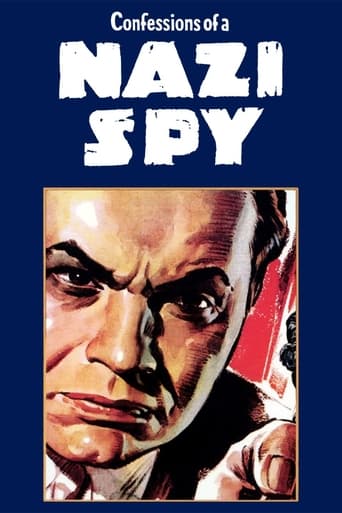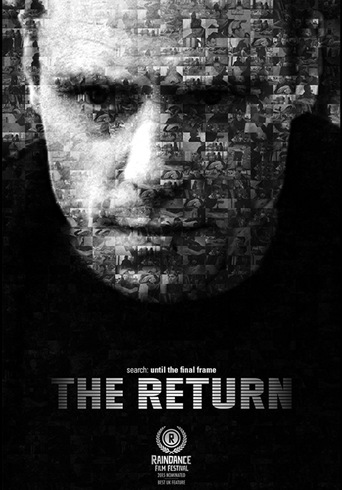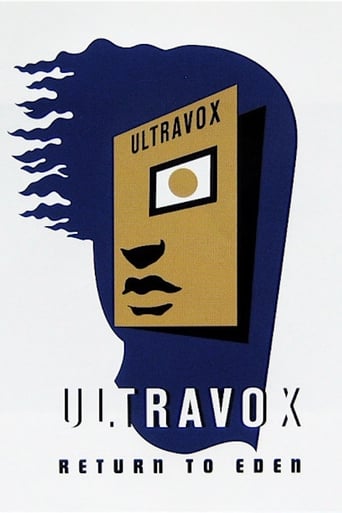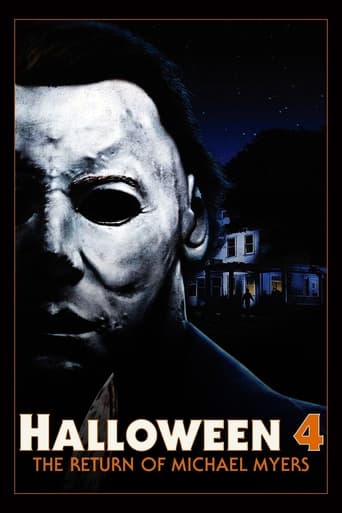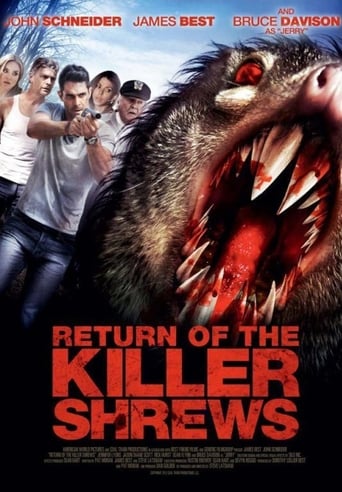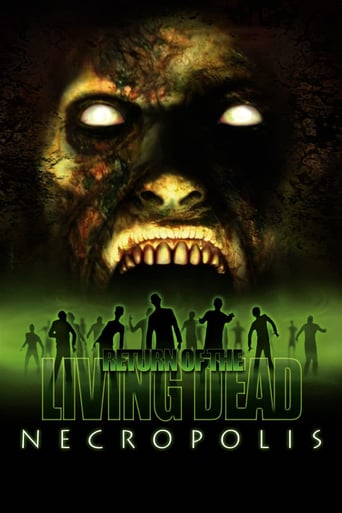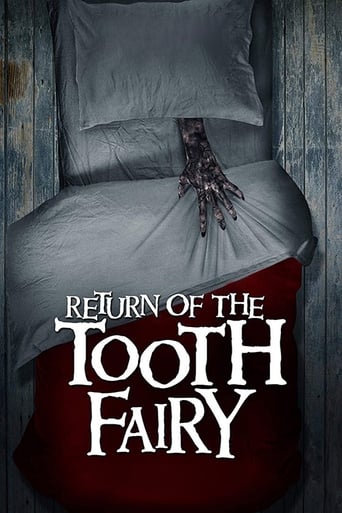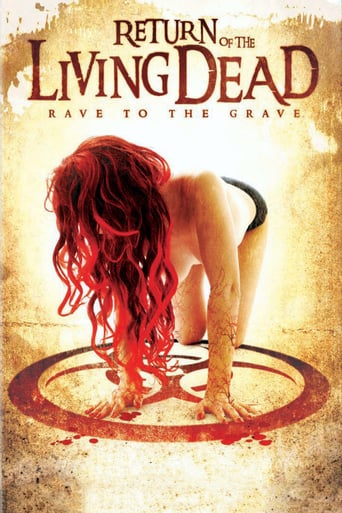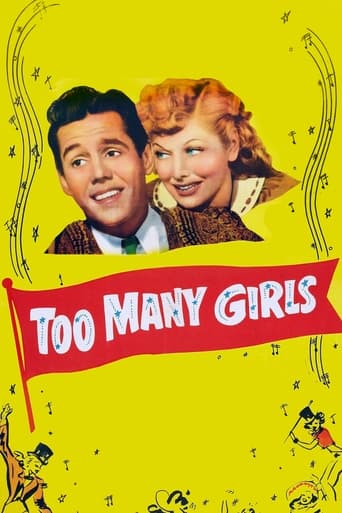


Too Many Girls
Mr. Casey's daughter, Connie, wants to go to Pottawatomie College and without her knowledge, he sends four football players as her bodyguards. The college is in financial trouble and her bodyguards use their salary to help the college. The football players join the college team, and the team becomes one of the best. One of the football players, Clint, falls in love with Connie, but when she discovers he is her bodyguard, she decides to go back East. The bodyguards follow her, leaving the team in the lurch.
-
- Cast:
- Lucille Ball , Richard Carlson , Ann Miller , Eddie Bracken , Frances Langford , Desi Arnaz , Hal Le Roy


Similar titles
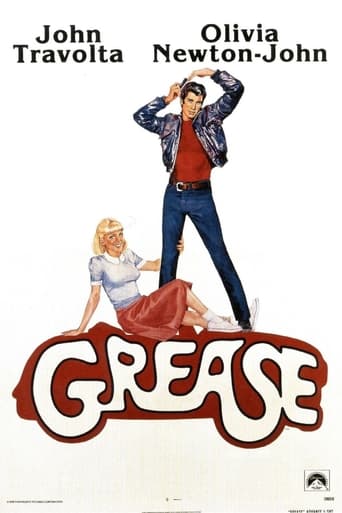

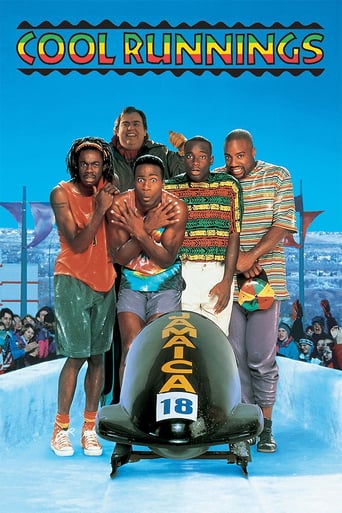
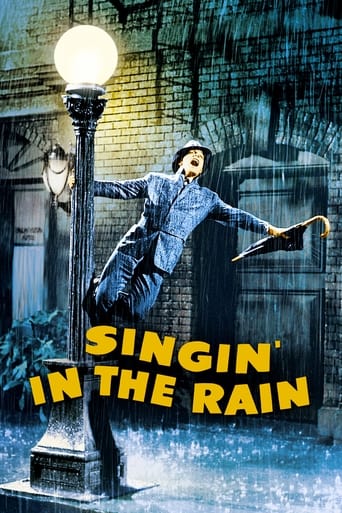
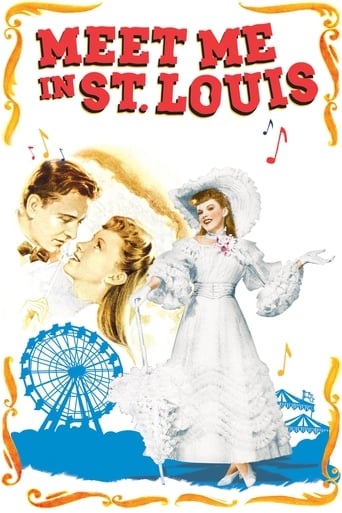
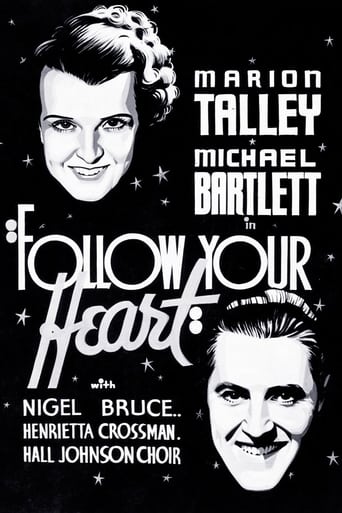

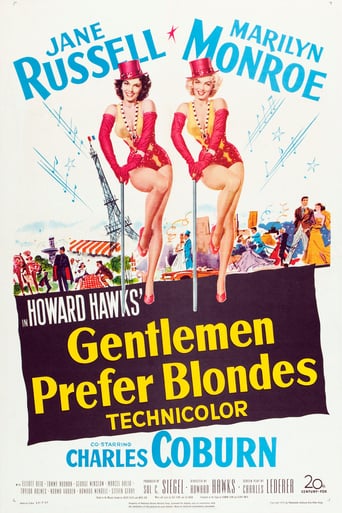
Reviews
Undescribable Perfection
Simply A Masterpiece
Really Surprised!
Pretty good movie overall. First half was nothing special but it got better as it went along.
George Abbott was a brilliant Broadway play writer/director/producer. He won five Tony awards and a Pulitzer Prize. His Hollywood career was interesting, although a bit less successful. "Too Many Girls" is one of only three of his Broadway musicals that he brought to film. "Pajama Game" and "Damn Yankees" are the other two. While not quite as good as those two, this one is a lot of fun and does have a lot of energy. Abbott also directed nine early sound films from 1929-1931. It is unfortunate that none of these are out on DVD, as far as I know.People have already noted the excellent cast: Eddie Bracken, Lucille Ball, Desi Arnaz, Francis Langford, Richard Carlson, Hal Leroy and Ann Miller. They all sparkle here. They hold a silly and absurd plot together by not taking any of it seriously for a moment. This is a good thing because the plot is unrealistic in wink, wink, nudge, nudge fashion. The absurdity of having Desi Arnaz who looks like he weighs 150 lbs. as a superstar football player is only topped by the absurdity of having Eddie Bracken, who looks 140 lbs., as a star quarterback.Culturally, it is fascinating to see the way colleges were portrayed in 1940. Apparently, the only reason a woman went to college was, as Lucille Ball bluntly puts it, was to get a man. I also wondered about the women wearing beanies. The movie is unclear, but apparently all the girls who wear beanies, nearly all the women students, are virgins. I assume this was made clear in the play, although in the movie it is not so clear. After Ball and Carlson spend a night together, the movie pointedly shows Ball still wearing her beanie. One is supposed to believe this in the same way that one is supposed to believe Desi and Eddie are football players.
You can't really appreciate the pace and style of the great movie musicals until you've seen some lousy ones like this. A really awful 1930s or 1940s musical movie can induce a sort of restful trance, and take you into another world of stunned tedium. If you know only Rodgers and Hart's great songs which survived shows and became standards, you'll be astounded by how many strained and stupid ones come in between them in the course of a plotted show. The story-scenes are acted in a stiff and disinterested style. Actors seem just to be waiting for others to stop speaking so they can say their lines, rather than actually listening to each other. And why should they listen? What they say is overwritten, repetitious, and yet often indirect and incomplete as far as telling the story is concerned. The plot manages to be both contrived and clumsy, unlikely to the point of being fantastic--yet who would fantasize such dreariness? This effect is probably partly the result of prudish Hollywood trying to adapt a supposedly "spicy" script direct from supposedly "wicked" and "sophisticated" Broadway, and therefore inserting or deleting lines to keep the script "clean" but still leave the impression that it's "daring." But the prudishness seems hypocritical, and the sophistication way, way overestimated. Trying to convey both attitudes, yet neither, the actors become robotic and stressed. And the sets are so stagy that it's a shock when suddenly one scene is played on a real ball-field. Perhaps the most characteristic moment comes when Lucille Ball makes a remark about a boyfriend which is clearly the lead-in for a song, and then, as mechanically as a wind-up toy, while the other actors in the room watch helplessly, with nothing to do, crosses a whole room, goes out onto a porch, hits a position, stares into a light, and lip-syncs woodenly to a voice obviously not hers. Another: after what seems an endless discussion of the troubled finances of a college (which turn out to have nothing to do with the story at all), one boy donates the three hundred dollars (?) that's needed, and the college is opened, at which point for some reason everyone participates in a production number called, "Cakewalk, 'Cause We Got Cake," possibly left over from some other situation in the Broadway original (some of its lyrics seem to relate to Depression optimism), and performed not as a cakewalk, but a swing number. Also, as is to be expected in a "college musical" of the time, the main characters are far past college age, so their sexual coyness seems retarded. The ultimate effect is one of dreamlike slowness and isolation and illogic, making this trivial nonsense seem related to the existential sadness of De Chirico's paintings or Kafka's novels. The movie may be even more bewildering to younger viewers today because of changed social attitudes. A long scene among four boys is oblique to the point of mystery because in 1940 none of them could actually say that certain girls wearing certain "beanie" caps are virgins (there are a couple of incredibly labored attempts later at jokes about these caps). Lucille Ball, giving an old Native American man a letter to carry for her to a lover, calls the messenger, "Boy," and Latino Desi Arnaz not only has an awkward gay joke early in the film, but later performs a song called "I'm Spic and Spanish."
My mother and father were often on the set of Too Many Girls before they got married. My father was a dancer/extra on the film, as was Van Johnson, who he was buddies with at the time. My mother, who was working in Los Angeles at the time, would go to the set just to watch.My parents often told the story of how my mother would come visit the set and would sit with Lucille Ball and chat with her on the sidelines when she was not being filmed.Once, it came time for a new scene and George Abbott yelled for everyone to get on the set. When my mother remained seated at a table he turned around and yelled at her when he said everybody, he meant everybody! My father had to step out of the chorus line and explain she was his girlfriend and just there to watch. I've not yet gotten the DVD but hope to soon.
RKO filed for bankruptcy in the mid-1930's and was on the verge of finally getting back on their feet financially by 1940. I suspect that someone from their cost accounting group wandered into the studio commissary in 1939 and found it full of under-contract actors and production staff goofing off and eating studio food. They rounded up this group, stuffed the whole bunch onto an unused sound stage (with a leftover southwestern set) and got them singing and dancing to songs from a Rogers and Hart Broadway show (which they had an option on but had deemed unworthy of feature film treatment). The result was released as "Too Many Girls" (1940), financially practical because with almost everything already paid for (insert fixed cost here), the additional expense of actually producing something boiled down to a little electricity and some black and white film stock. No good reason to track this one down, it's pretty witless as a comedy-with the miscasting making for funnier moments than anything else in the film. Everyone except Ann Miller is too old to be playing college students and they try to pass Hal Le Roy (one of Hollywood's most effeminate actors) off as a college football All-American. I generally like this kind of stuff and will sit through anything to watch Ann Miller; so if it totally turned me off it is unlikely to appeal to most viewers. Mostly it is notable for what happened off camera as Lucy and Desi made their first connection. Some of the musical numbers by Rodgers and Hart were bearable; "Heroes in the Fall" and "Pottawatomie". Trudy Erwin dubs Lucy's only song. Francis Langford does most of the other numbers. Mildly wild heiress Connie Casey (Lucille Ball) returns from finishing school in Europe with an unusual request to attend her father's alma mater in New Mexico-Pottawatomie College. "You mean a lot to me, Pottawatomie. You hit the spot of me, Pottawatomie. I love Pottawatomie with all my anatomy. So every tot of me, that is begot of me, will go to Pot, Pot, Pottawatomie". Lucy was almost 30 at the time and even with "extreme" soft focus and minimal close-ups can't remotely pass for 18. Her father suspects that she has a boyfriend at the school and hires four Ivy League football stars to monitor the behavior of the new freshman. The four eventually end up playing for the school's hapless football team, which in a matter of a few days has changed its schedule to include games with big time programs like Nebraska, Columbia and Tennessee. There is a grand celebration at which the student body sings the following less-than-immortal lyrics: "You're a ham-better scram-Notre Dame, We'll make Williams wail, Army-you too Navy, Boo Hoo to Purdue, Georgia Tech day you'll dread-you're a wreck, Look at Brown turn blue, We'll make a bumpia out of Columbia, In a quota Minnesota's got to go, You'll see U of D, We'll have all the alphabet to shout out." (reviewers note: the U of D is the University of Detroit which was once a football power). The scale of this thing is ultimately its undoing as Broadway ensembles of 15 are replaced with a cast of hundreds (remember all those people sitting in the RKO commissary drawing paychecks for doing nothing). On risqué Broadway the girls who are still virgins wear beanies; in the film they wear them to signify that they have never been kissed (it is amusing to watch these aging and jaded RKO starlets trying to pass for ultra-chaste teens). There is a corny and unconvincing romance between Lucy and Richard Carlson; whose brand of wooden acting would eventually work to his advantage in 1950's science fiction films like "It Came From Outer Space". Then again, what do I know? I'm only a child.


